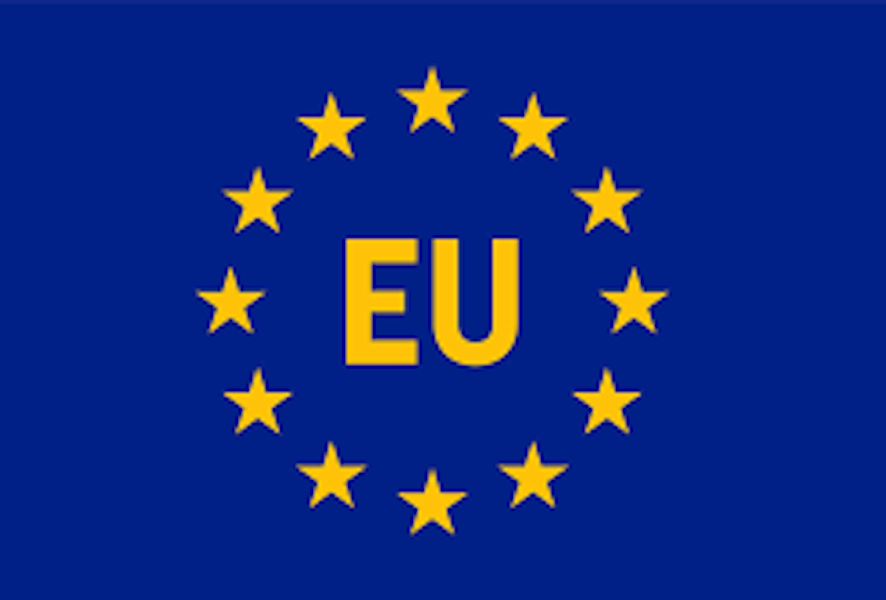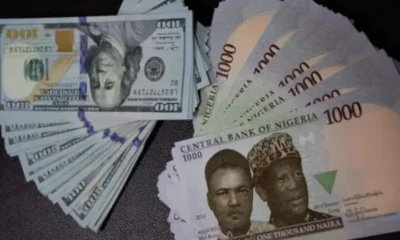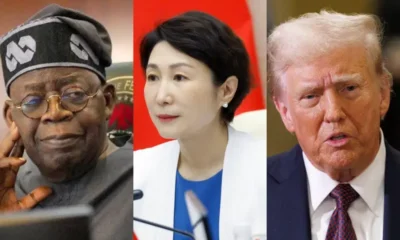Headline
Nigeria Listed by EU as Priority Country for Intellectual Property Rights Concerns

In its recent report, the European Union has flagged Nigeria among countries with significant intellectual property rights (IPR) violations, grouping it with China, India, Türkiye, Argentina, Brazil, Ecuador, Indonesia, and Thailand.
The EU’s Trade and Economic Security Commission’s biennial report underscores the economic damage caused by counterfeiting and piracy.
In 2023 alone, EU customs intercepted 17.5 million counterfeit items worth nearly €811 million. The report emphasized that IPR-intensive industries account for almost half of the EU’s GDP and over 80% of its exports, underscoring their importance for economic stability and job creation.
China is the EU’s top concern, followed by India and Türkiye. Nigeria is placed in the third priority category, alongside Argentina, Brazil, Ecuador, Indonesia, and Thailand. The EU recognized Nigeria’s steps to improve its IP framework, including the adoption of a national IP policy in 2022 and legislative reforms such as the Nigeria Customs Service Act. Yet, it noted that these have not yet produced adequate results.
A critical shortfall is Nigeria’s failure to enact the Industrial Property Commission Bill, which would unify IP laws and create a national commission. The report also criticized the outdated and slow processes at the Nigerian Patents and Designs Registry, which delay trademark registrations and complicate protection due to the lack of a Geographical Indications registration system.
“Nigeria continues to implement its National Intellectual Property Policy And Strategy adopted in 2022, which seeks to promote a comprehensive IP ecosystem as a catalyst for harnessing the full potential of IPR for socio-cultural development and sustainable economic growth,” the EU stated.
The report also highlighted persistent online piracy and concerns over transparency in collective management organizations. New legislative measures, including the Online Copyright Inspectors Unit, have been introduced, but their impact remains to be seen.
Furthermore, Nigeria’s seaports were identified as major entry points for counterfeit goods into West Africa, including fake medicines and electronics primarily from China. Enforcement is hampered by insufficient funding, inadequate training, and lack of technological capacity in courts, leading to inconsistent IP case rulings.
-

 Brands and Marketing1 week ago
Brands and Marketing1 week agoSee Naira Exchange Rate Against Pounds Today, Nov 3
-

 Entertainment1 week ago
Entertainment1 week agoWhy I Dump Christianity For Islam— Singer, Burna Boy Reveals
-

 Entertainment1 week ago
Entertainment1 week agoSen Ned Nwoko Order Arrest Of Regina’s Brother, See Why
-

 Entertainment1 week ago
Entertainment1 week agoRenown Kennywood Actor, Malam Nata’ala Is Dead
-

 Brands and Marketing2 days ago
Brands and Marketing2 days agoUPDATED: See Naira Exchange Rate Against Dollar
-

 Headline1 week ago
Headline1 week agoBREAKING: China Declares Support For Nigeria As Trump Warns Of Possible Military Action
-

 Headline1 week ago
Headline1 week agoJUST IN: 2025 FIFPRO Men’s World XI Announced, See Full List
-

 Education1 week ago
Education1 week agoBREAKING: JAMB Set To Extend Public Varsity Admission Deadline, See New Date
-

 Headline6 days ago
Headline6 days agoSenate Sets Date For NAFDAC Enforce Ban On Sachet Alcohol— See Date
-

 Headline6 days ago
Headline6 days agoUCL: Osimhen Shortlisted For Player Of The Week Award, See Other Nominees















